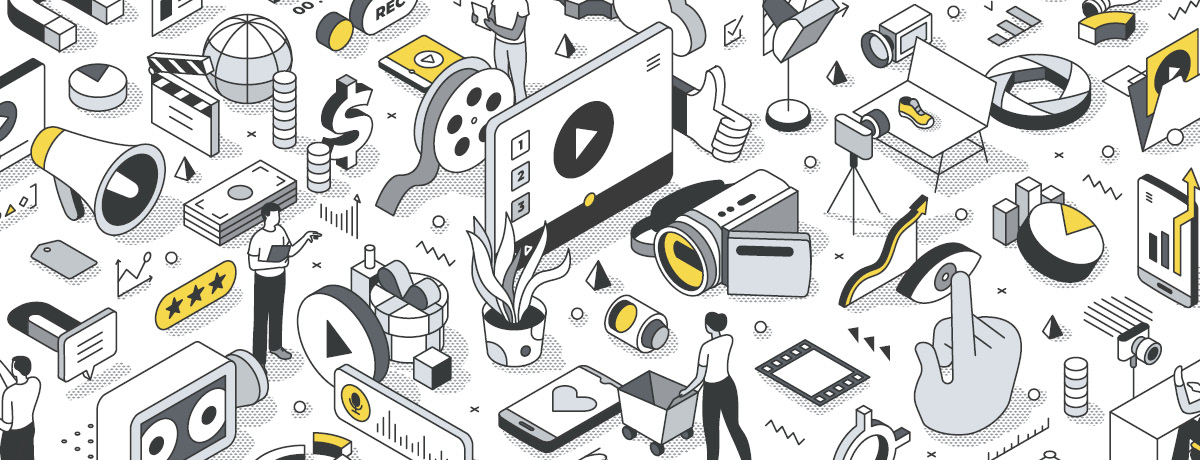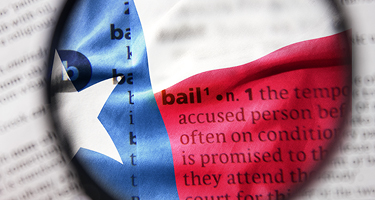Artificial intelligence continues to reshape industries across the economy. From early models such as ChatGPT-4 in 2023 to the release of OpenAI’s GPT-5.2 in December 2025, advances in generative AI have changed how legal work, content creation and client-facing communications are produced. Legal marketers are trying to keep up, often employing these technologies to increase their firms’ visibility. According to Clio’s 2025 Legal Trends Report, over half of law firms nationwide have already integrated AI into their daily workflows, with industry estimates projecting 79% of legal professionals now using AI tools.
Beyond marketing, artificial intelligence has contributed to growth in technology-related areas of legal practice. The 2026 edition of Best Lawyers: Ones to Watch in America® recorded a significant rise in recognized individuals compared to the 2025 edition, with a 52% increase in Technology Law honorees and a remarkable 123% increase in Privacy and Data Security Law honorees. These fields also expanded into 15 more metropolitan areas for Privacy and Data Security Law. Notably, as of 2025, Washington D.C. remains one of the leading metropolitan areas with the highest concentration of honorees in both practice areas.
Historically, the legal industry has always been highly competitive, with a multitude of marketing strategies employed. While more conventional strategies will continue to work, tech experts believe that current AI trends will continue to grow. What exactly is the extent of AI’s impact on the legal industry and what benefits can firms expect in the years to come? Let’s dive into the pros, cons and lessons learned from the implementation of AI in law firm marketing.
The Logical Option
For smaller firms and legal operations, which often have limited funds for investment or lack access to in-house resources, relying on otherwise free AI programs to produce press releases, web or email copy, online ads and social media posts can be a helpful first step in building a robust marketing strategy. Firms can use AI to draft personalized lawyer communications or schedule automated meetings, boosting productivity and cutting costs while offering a new level of refinement to client-facing content.
Upon its release, ChatGPT quickly captivated the world; now ChatGPT receives billions of visitors a month. Students and Fortune 500 executives alike have used it for countless tasks. It seems that artificial intelligence has now entered into the practice of law—albeit not necessarily in the way it was originally intended.
When legal marketing teams wish to produce content quickly for various platforms, AI tools can be a blessing in disguise, as long as the goal isn’t long-term branding and sales positioning. Although AI can bring short-term benefits, firms and companies will still need a devoted team member to oversee accuracy of the content produced by their AI program of choice.
Limitations to AI Use
While generative AI tools have grown more sophisticated, many still have limited or inconsistent access to real-time information. This can lead to unseen limitations in cases where the newest information or statistics are required. Additionally, AI-generated content has been known to follow some content extremely closely and in some instances it has been flagged for plagiarism—a growing risk for intellectual property violations and raises questions concerning legal compliance.
This is often the result of AI “hallucinations,” the term of art that describes when a chatbot embeds seemingly plausible falsehoods in its content. Developers at OpenAI and other companies have acknowledged that hallucinations are an expected discrepancy and a limit of the current products; the programs now often include a disclaimer that the system may provide false or fabricated content. To avoid these troubles, firms and legal-tech companies producing AI content must avoid sharing sensitive client information when creating marketing materials and ensure that all generated content is approved after human review.
Cautionary Tech Tales
Despite the productivity upsides AI can bring, technological advances can be deceptive. In June 2023, Mark Walters, a radio host in Georgia, filed a defamation suit against OpenAI in Georgia’s Superior Court of Gwinnett County. According to court documents, a journalist was conducting legal research on the federal case Second Amendment Foundation v. Ferguson when the open source chatbot produced falsified reports accusing Walters of defrauding and embezzling funds from a nonprofit organization of which he was never an employee.
Walters filed his suit just a few weeks after two New York–based lawyers faced a growing likelihood of sanctions for using ChatGPT to research and draft legal briefs that cited several fake precedents. In June of 2023, Steven Schwartz and his team filed claims against Colombian airline Avianca on behalf of their client. The airline asked for the charges to be dismissed. In response, Schwartz’s team filed a multipage brief insisting that the suit should proceed.
According to court documents, Schwartz, who was not admitted to practice law in the Southern District of New York, enlisted the help of Peter LoDuca to file the charges against Avianca. Schwartz continued to perform all the legal work, except he swapped research for ChatGPT unaware of its potential falsification or fabrication. This led to several cited cases being fake. U.S. District Judge Kevin Castel witheringly called them “bogus judicial decisions with bogus quotes and bogus internal citations.”
These cases are not particular to 2023, even though AI has continued to advance, it still faces significant limitations. AI hallucinations and these cases still occur yearly. In May of 2025, in Lacey Vs State Farm, attorneys from Ellis George LLP and K&L Gates found themselves involved in a legal nightmare. These lawyers had submitted a brief containing numerous false citations and two fully fabricated cases generated by AI tools such as: Google Gemini, CoCounsel and Westlaw Precision. After the brief was reviewed, they were asked to submit corrections, where they then proceeded to send in six additional AI errors. The attorneys in question were charged with bad faith and sanctioned for their failure to verify and disclose the use of AI in their brief and research.
The Long-Term Legal Ramifications
Walters’s lawsuit could be the catalyst for future cases examining the legal liabilities related to chatbot use. However, despite the glaring problems Walters highlighted, his case ultimately concluded without creating a significant precedent.
“In principle, I think libel lawsuits against OpenAI might be viable. In practice, I think this lawsuit is unlikely to succeed,” Eugene Volokh, a First Amendment law professor at UCLA, told Bloomberg Law. “I suppose the claim might be, ‘You knew that your program was outputting falsehoods generally and you were reckless about it.’ My sense of the case law is that it needs to be knowledge or recklessness as to the falsity of a particular statement.”
The tale of Schwart’s and Lacey vs. State Farm’s cases botched research certainly offers lessons for anyone using ChatGPT for briefs or other legal work. Regardless of the technological advances, regardless of the awe and wonder AI often occasions, there is simply no substitute for humans producing and fact-checking legal work. Practicing attorneys must abide by professional conduct rules. Drafted by the American Bar Association, the Model Rules of Professional Conduct include a variety of provisions on technological competence, which might now also begin to consider the impact of AI programs on ongoing litigation.
Drew Simshaw, a law professor at Gonzaga University, told Bloomberg Law that Schwartz’s case stands out as an extreme example of the legal industry’s current reliance on AI programs. “From a regulatory standpoint, there’s a lot of questions out there,” he said. “The legal profession has lagged behind in regulating technology. States usually adopt ethics rules closely, modeling the ABA’s Model Rules of Professional Conduct. Those really haven’t been updated since 2012, when ‘cloud computing’ was the new buzzword.”
A Changing Industry
As of December 2025, AI is beginning to reshape practice areas themselves, the 2026 edition of The Best Lawyers in America® introduced Artificial Intelligence Law as a distinct category, this category recognizes how intertwined AI has become with legal counsel.
Meanwhile, many firms are creating internal AI governance structures, formatting firmwide AI training programs and promoting human oversight when using tools such as AI-assisted document review. Experts predict the industry to see some employee cutbacks as AI eventually will take over routine tasks such as billing as these tasks have become more automated.
While AI may be able to take over monotonous firm tasks, using it in a legal marketing environment may present more difficulties than benefits in an age in which human input is becoming rare.





























